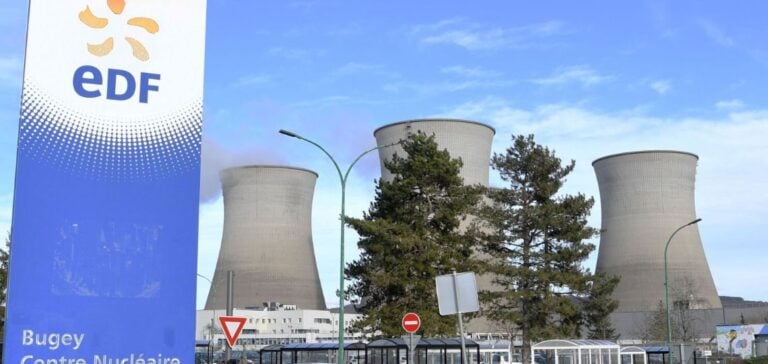EDF’s negotiations with highly energy-consuming industries are progressing quickly toward finalizing new nuclear production allocation contracts (CAPN) by the end of the year. The group has already signed five such contracts, covering over 10 TWh of annual consumption over fifteen years, totaling approximately 150 TWh of supply and an estimated value of 10 billion euros.
EDF is offering these industries, such as steel and chemical sectors, preferential rates within CAPN agreements in exchange for risk-sharing in financing nuclear infrastructure. These contracts aim to replace the Arenh (Regulated Access to Historic Nuclear Power) preferential rate, which will end in 2025. In return, EDF guarantees long-term prices, helping to stabilize costs for these companies while funding its nuclear facilities.
A commercial policy focused on retaining industrial clients
According to Marc Benayoun, EDF Group’s Executive Director in charge of the Customers, Services & Territories Division, these CAPNs represent a significant innovation in the company’s commercial strategy. Along with the five contracts already signed, EDF has signed 24 confidentiality agreements, an initial step toward potential letters of intent. Of these 24 agreements, five have led to pre-contracts, expected to become CAPNs by 2026.
Discussions are intensifying with other industrial players, and EDF hopes to announce further signatures in the coming days. The contracts under negotiation meet the growing expectations of French industrial companies, which require stable, competitive energy solutions to sustain their operations in the country.
Challenges regarding the competitiveness of proposed rates
While EDF is confident about closing additional CAPNs, the negotiation process remains tense. Many industrial players have criticized the high prices offered within the CAPNs, emphasizing risks to their competitiveness. For several months, energy-intensive industries have highlighted difficulties in obtaining rate conditions that would allow them to remain competitive internationally.
However, EDF defends the relevance and competitiveness of these offers. According to Benayoun, CAPNs represent a unique opportunity in the current energy market context, with attractive market prices that promote reindustrialization and electrification.
An alternative to regulated Arenh access contracts
CAPNs are emerging as a replacement for the Arenh system, established to guarantee industries preferential access to nuclear electricity at controlled rates. This arrangement will end in 2025, paving the way for new contracts based on current market conditions and the realities of the energy transition.
By offering preferential rates in exchange for shared risk on nuclear investments, EDF aims to convince more industries to subscribe to these new contracts. EDF intends to expand this approach to fund its nuclear park while ensuring stable energy access for its industrial partners.






















